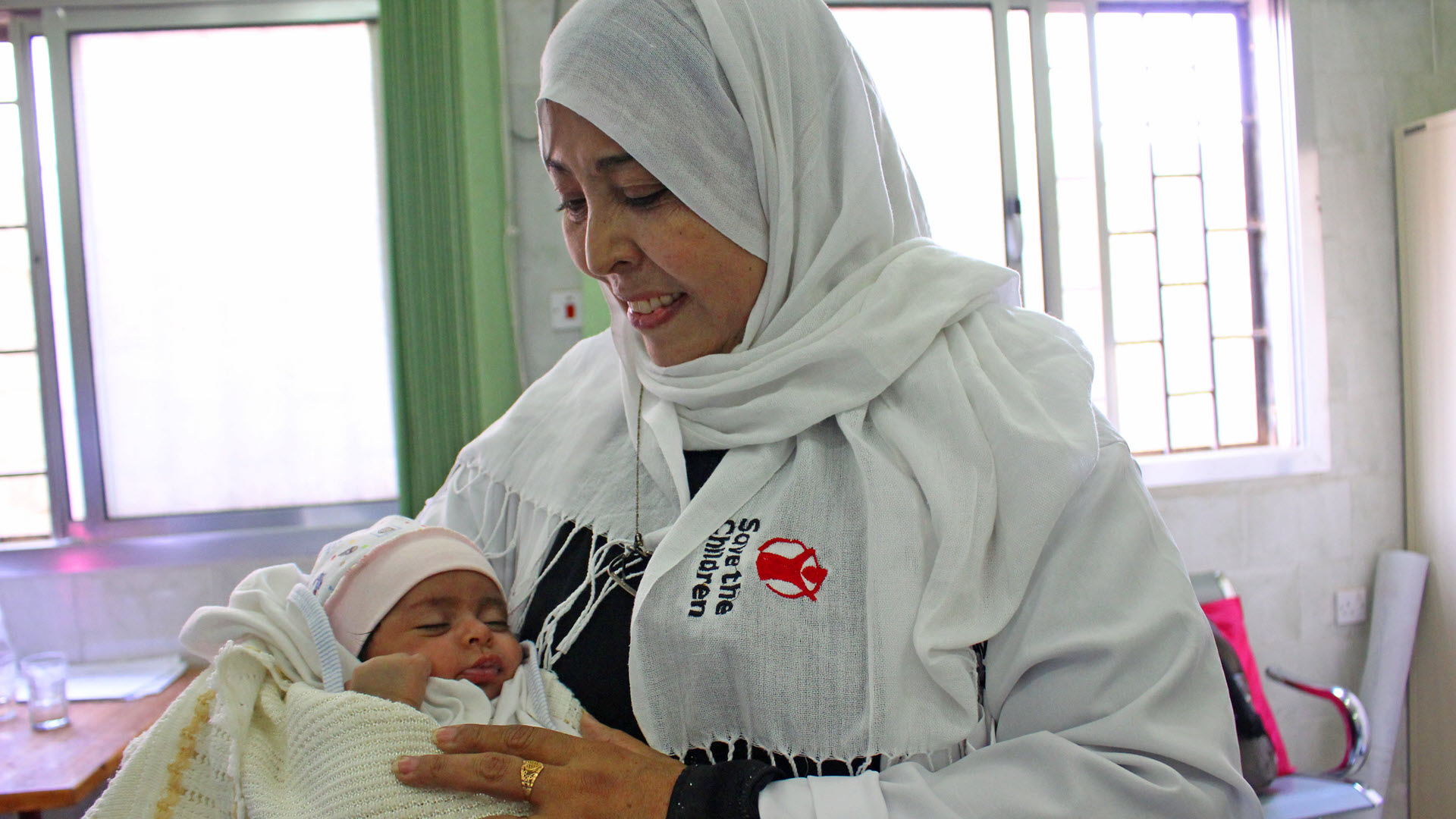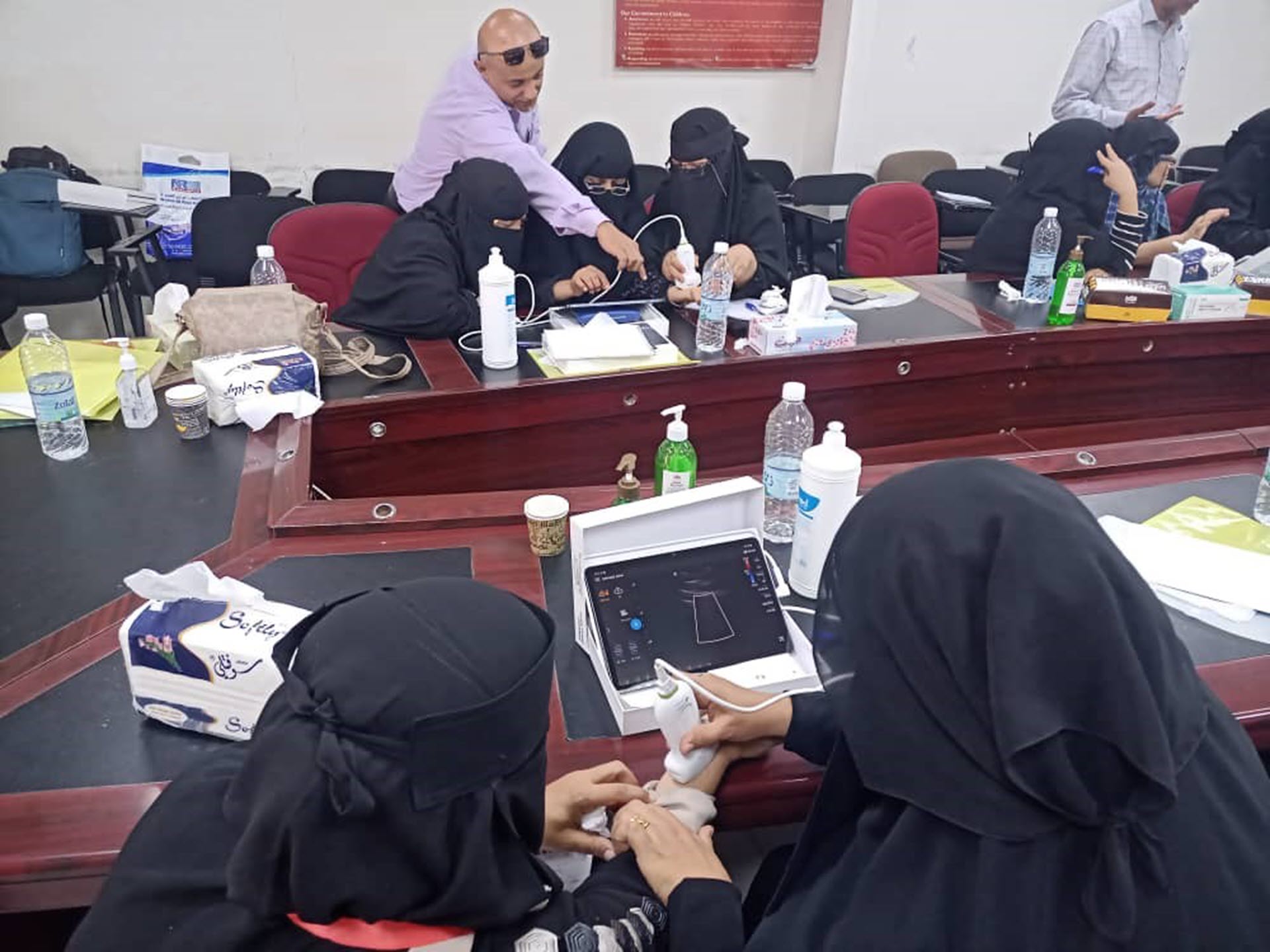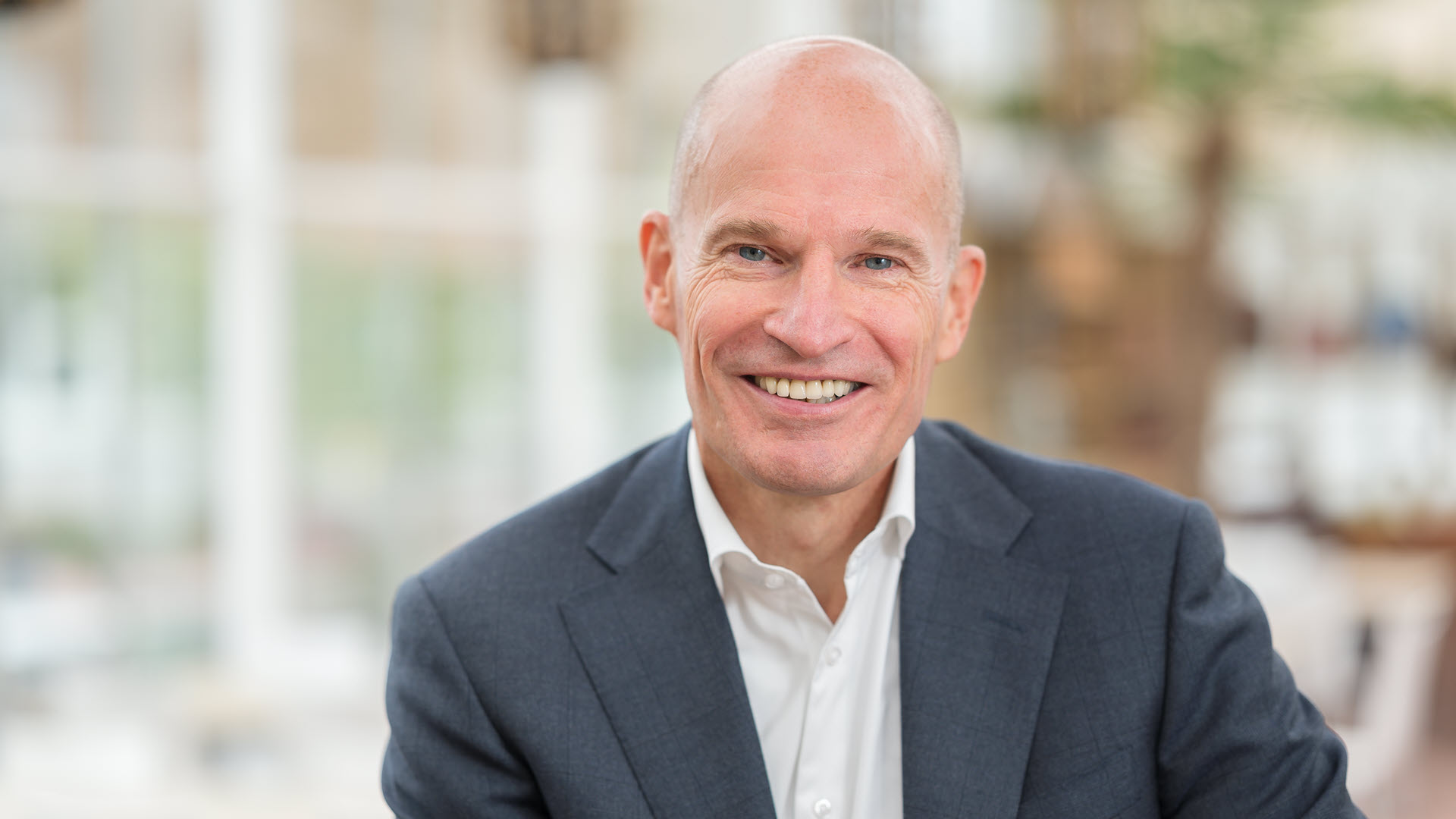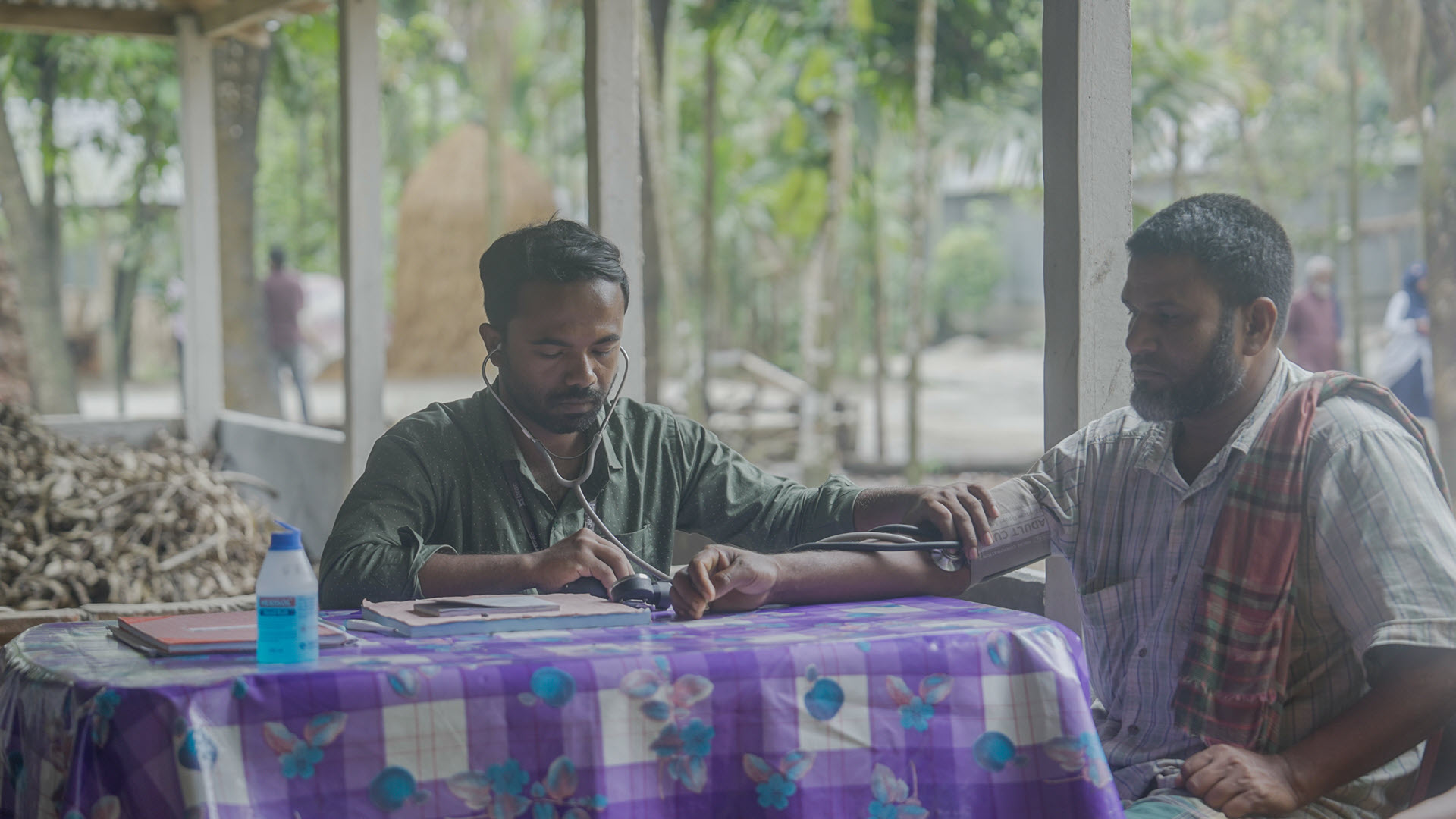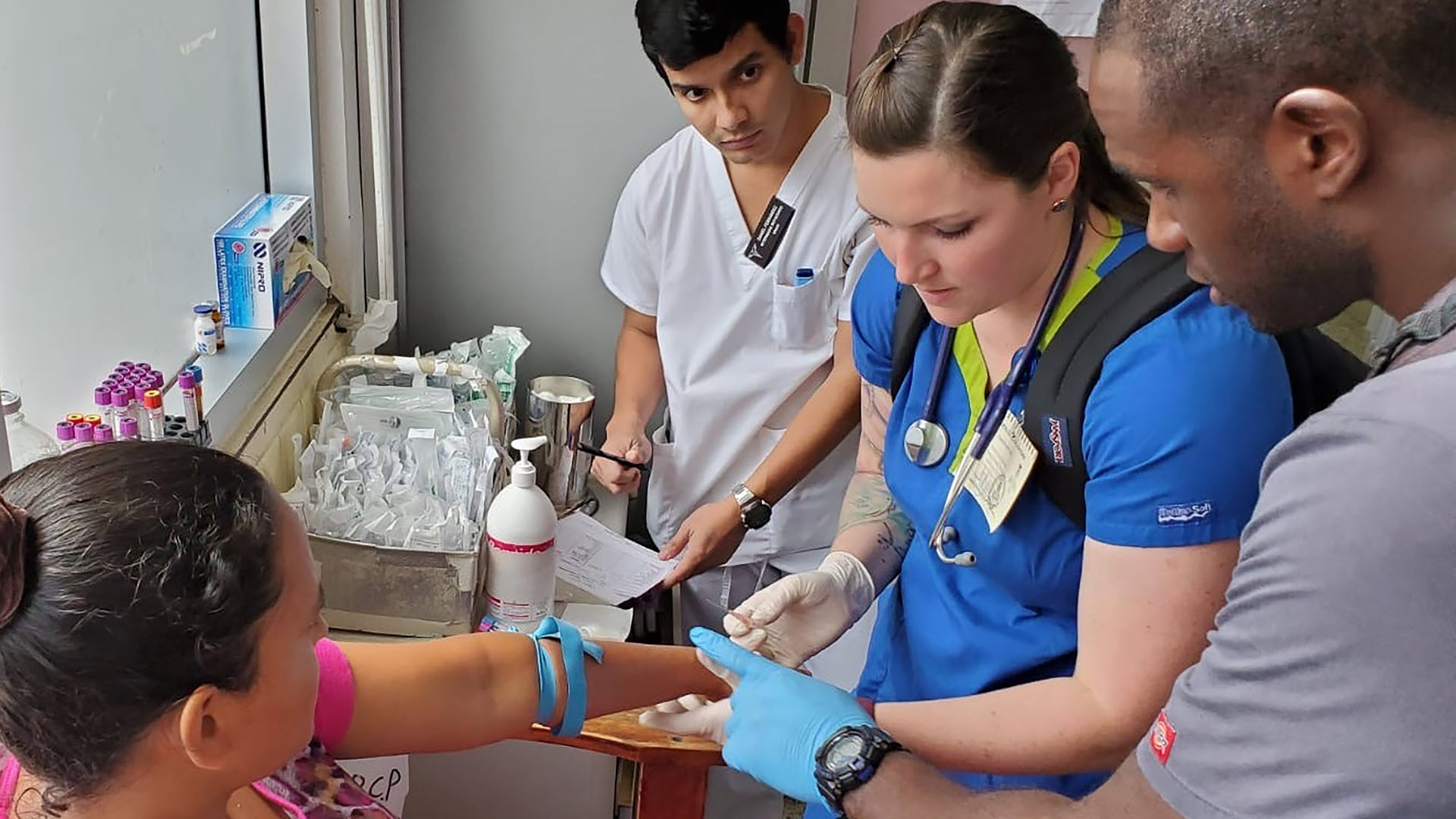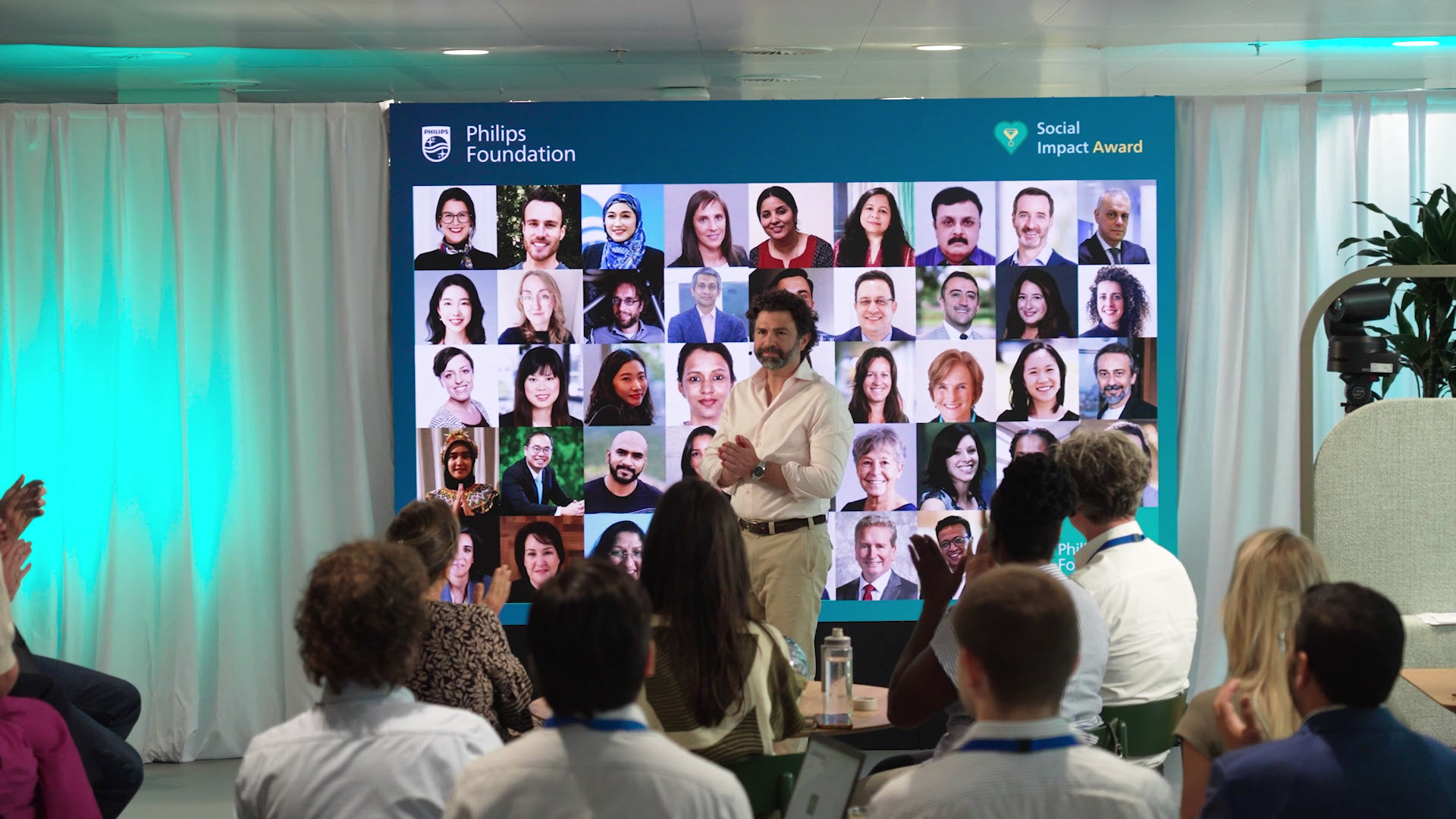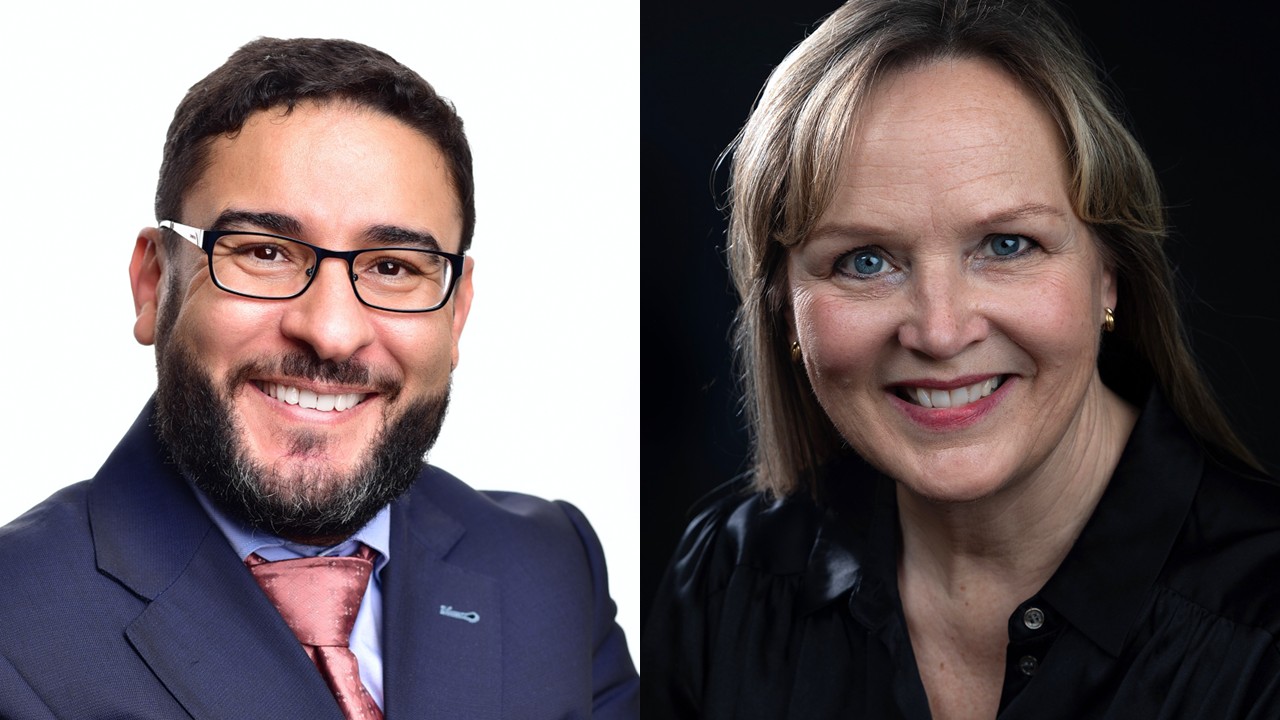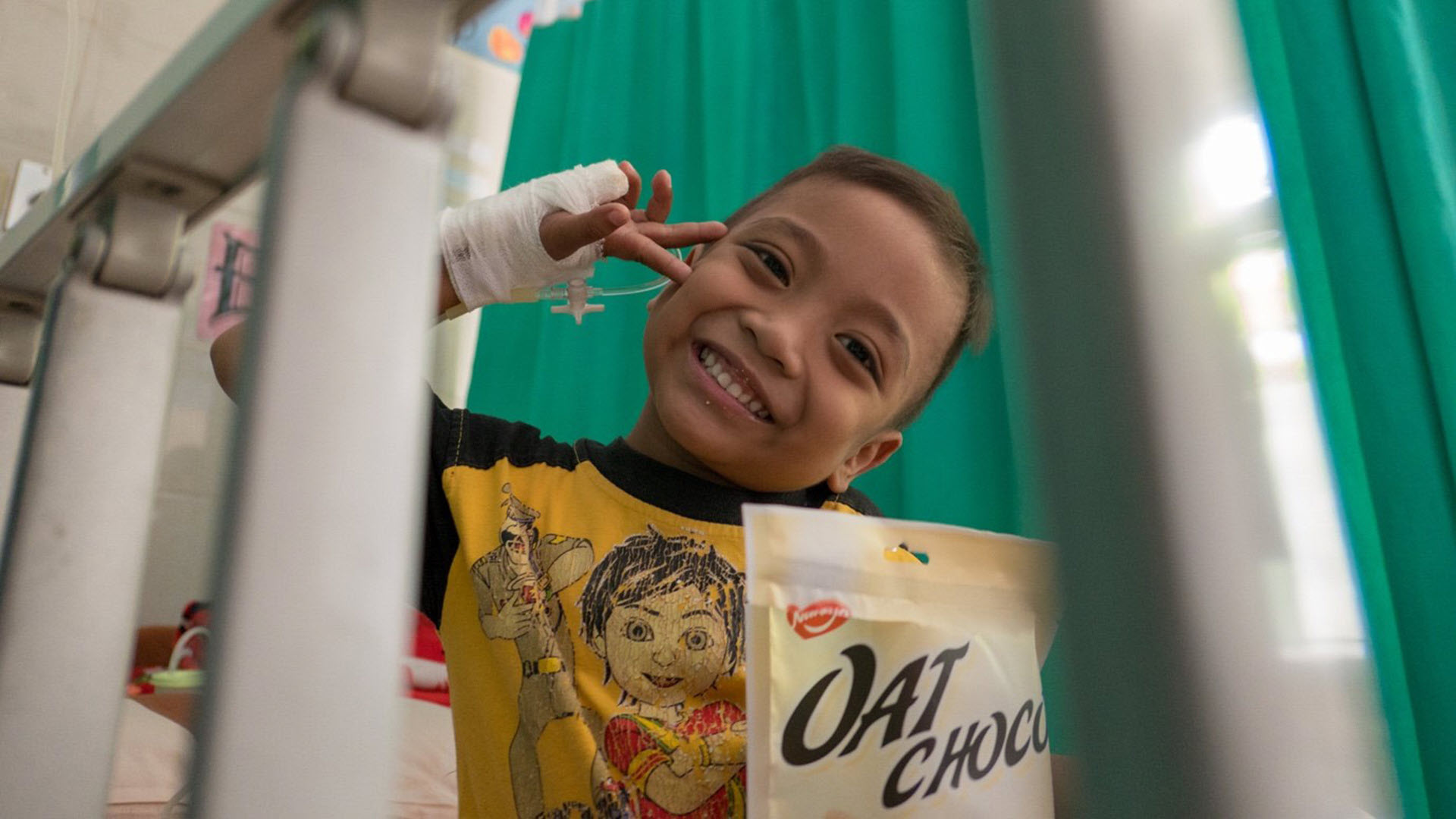Yemen’s healthcare system has been devastated by years of civil war and ongoing conflict. The country is facing a major healthcare crisis, with only 50% of health facilities fully functioning, and those that remain open lack qualified health staff, basic medicine, and medical equipment.
The healthcare system in Yemen was already struggling before the outbreak of the civil war in 2015. However, the conflict has worsened the situation, with hospitals and clinics being targeted and destroyed, and medical supplies and personnel being blocked from entering the country. There are an estimated 24 million people – out of a population of 32 million – who need some form of humanitarian assistance, of which 13 million people are in urgent need of aid.
The situation has been further exacerbated by the economic crisis in the country, with many families unable to afford the cost of healthcare and a critical lack of healthcare workers. As a result, many are forced to go without diagnosis or treatment.
Lack of access to healthcare has resulted in serious consequences, with outbreaks of diseases such as cholera and diphtheria. The country has also seen a significant increase in maternal and infant mortality rates [3]. Many women die during pregnancy or delivery due to a lack of adequate health workers.
Training midwives to strengthen maternity care in Yemen
In response, Philips Foundation and Save the Children have combined their efforts to increase access to maternity care in the country. Save the Children has had a presence in Yemen since 1963. The organization runs a comprehensive program to assist Yemeni children (and their parents) in need.
“Mortality rates of expectant mothers are still too high,” says Pim Kraan, CEO of Save the Children. “This partnership with Philips Foundation helps us provide much-needed medical assistance to community centers in Yemen by providing mobile ultrasound services in the country.”
On average more than a thousand expectant mothers will be reached per month. Given that each community center currently supports approximately 120 expectant mothers per month, we expect that the nine community centers will be able to scan an additional 13,000 patients within a year.
“The knowledge gained by midwives can have a lasting impression on mother and child care for underserved communities in Yemen,” says Margot Cooijmans, Director of the Philips Foundation. “Each midwife is linked to a chief physician in each of the village’s community centers so that they can continue to learn.”


